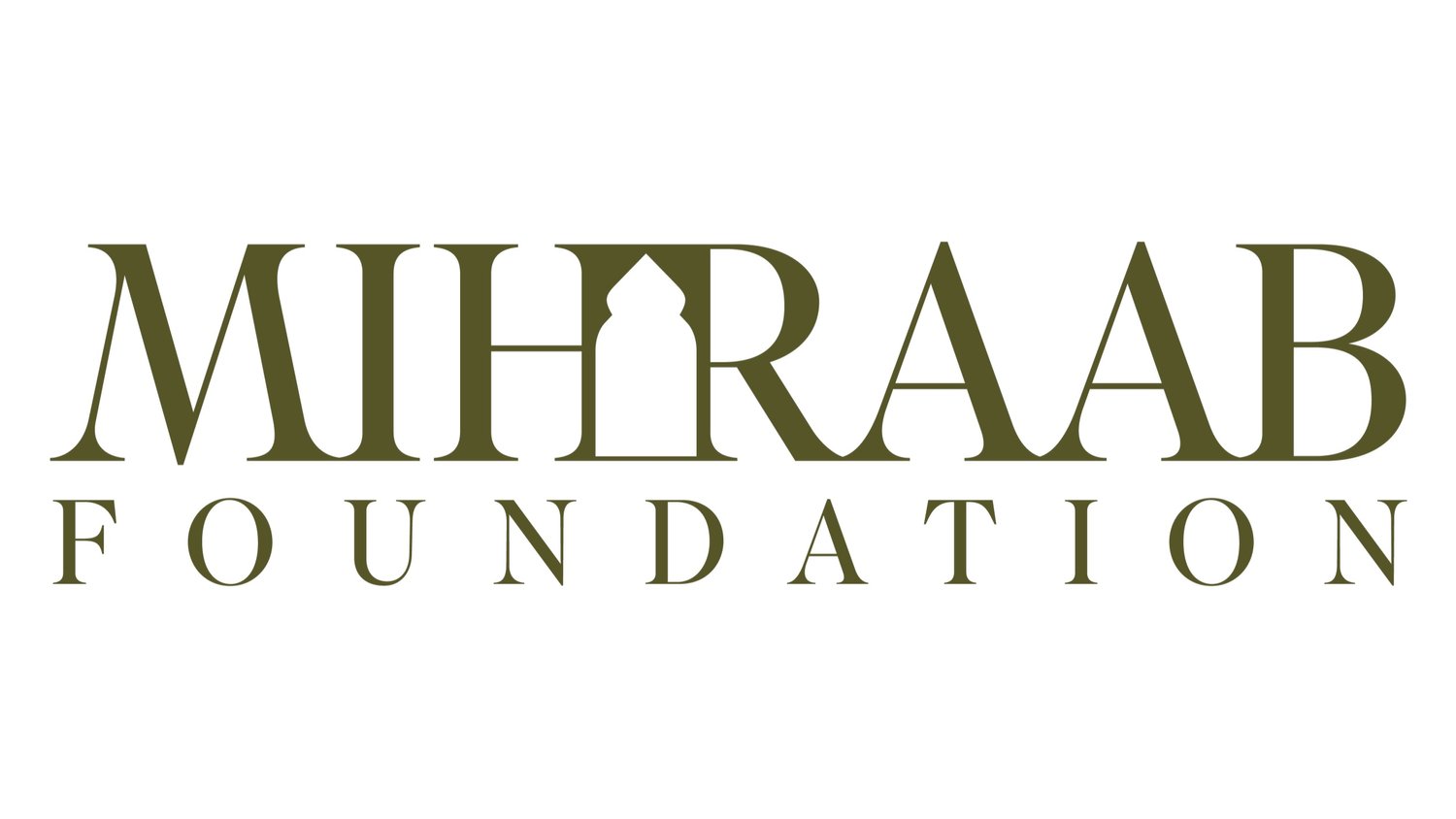Isrā’ wal Mi’rāj, occurring in the month of Rajab, is the perfect prelude to Ramadān. In Ramadān we race to perform deeds that will get us ahead. But what is the purpose of our deeds and actions? It is not to quantify or check a box of accomplishments. Rather, our deeds and actions are meant to lead us to submission. The wondrous Night Journey and Ascension of the Prophet Muhammad ﷺ, above all else, is a story of ‘ubūdiyyah or servitude to the One Being Who has True Dominion. The story does not begin with the night he ﷺ awoke in the house of Umm Hāni, but begins with the 10+ prior years of struggle and persecution. It was a decade of difficulty that only increased day after day peaking during his ﷺ stay in Tā’if, about which he said were his most difficult days. The culmination of all his suffering was him ﷺ turning to Allāh, not only throughout his life, but again in his greatest hour of need. There in the orchard, utterly heart-broken, he ﷺ made his beautiful supplication “Oh Allāh I complain to you about my own weakness, inadequate strategies, and humiliation before the people…I seek refuge with the Light of Your Countenance which extinguishes all darknesses and sets right the affairs of this life and the hereafter…” Allāh ta’āla answered his supplication and took him ﷺ on a miraculous voyage from Makkah to Jerusalem and in physical ascension through the heavens. In the Divine Presence of The Most High he was asked, “How should We honor you” to which he ﷺ responded “with ‘ubūdiyyah” and Allāh ta’āla revealed “Perfection belongs to that Being Who took his ‘abd [Slave] during the night from Masjid al Harām to Masjid al Aqsā…”(17.1).
The Night Journey and Ascension was not only a physical ascension but also one of the spirit. In the greatest human experience, the Messenger of Allāh ﷺ entered into Divine Proximity, and although he physically returned, his spirit remained in a state of ecstasy. Thus it became known as his ﷺ Mi’rāj as opposed to ‘urūj because the latter entails rise and descent whereas the former is ascension only. He returned with the obligation of the 5 daily salāh, a gift to his ummah so that, although we will not experience his mi’raj, we may experience our own through those very salāh.
Our souls elevation must be connected to worship. ‘Ubūdiyyah is a state where mind, body, and heart all come together in harmony to experience the intellection and gnosis of our Creator, thereby fulfilling our objective as Allāh ta’āla says “I have not created jinnkind nor mankind except to worship Me”(51.56). This phenomenal event of Rajab is a reminder for us as we come upon the doorstep of Ramadān to intellectually understand how to attain bliss and felicity, so that our physical endeavors in Ramadān can have a spiritual impact, a true elevation of the soul - such that when Ramadān comes to a close and our physical bodies return to a more normal state, our spirit continues to rise.
